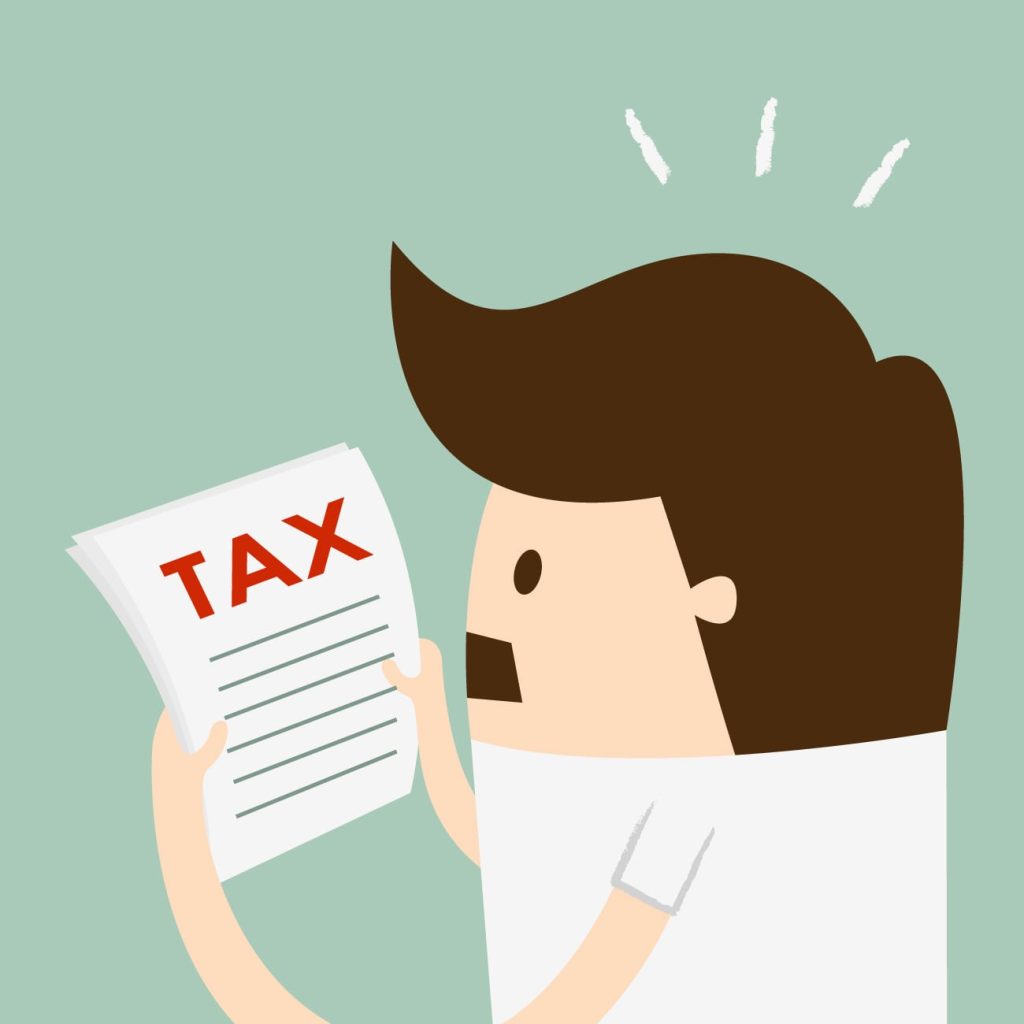If there’s one thing to be said about the changes brought about by the passing of The Tax Cuts and Jobs Act (a.k.a. tax reform) it’s that there are a lot of them. So many, that as a busy freelancer—and especially if you also maintain a 9-to-5 job—it’s unlikely that you can keep up on every nuance of the tax law changes. That’s why the elimination of tax deductions for employee business expenses may catch you off guard when you file your taxes this year. Here is what you need to know:
Who does the elimination of tax deductions for unreimbursed employee expenses affect? If you received a W-2 this tax year and you have unreimbursed business expenses related to your employment, then you should take note of the information below. If you are a freelancer who employs individuals and issues them a W-2, then you might want to pass this information along to them as well.
What is the impact of the change in the tax rules regarding unreimbursed employee expenses? Essentially, employees can no longer reduce their taxable income by deducting common business expenses they have incurred (at least until 2025 when this TCJA provision ends). The old tax rules allowed employees to claim business expenses if they itemized their deductions (as opposed to claiming the standard deduction) if the extent of these expenses exceeded at least 2 percent of their adjusted gross income (AGI).
What kind of employee expenses are no longer deductible? Prior to 2018, common eligible business expense deductions included:
- Education expenses related to your work as an employee
- Travel expenses related to your work as an employee
- Passport fees for business trip
- Professional society dues
- Professional license fees
- Subscriptions to professional journals and trade publications
- Home office used regularly and exclusively in your work as an employee and for the convenience of your employer
- Depreciation of computer that your employer requires you to use
- Tools and supplies used in your work as an employee
- Union dues and expenses
- Work clothes and uniforms required for your work (and not suitable for everyday use)
- Legal fees and loan losses related to your work as an employee
- Job search expenses to seek new employment in your current profession
Is there any way to get my business expenses reimbursed as an employee instead of forfeiting the tax deduction under the new law? Yes—but likely not this tax season. You can ask your employer about setting up an accountable reimbursement plan which allows you to be reimbursed for expenses as long as these three IRS-instituted rules are met:
- The expenses must be related to your business purpose as an employee.
- You must adequately account for the expenses to your employer for these expenses within a reasonable time, providing details such as the date, time, and place they were incurred, the amount you spent, and business purpose of the expense.
- You must return any excess reimbursements within a reasonable and specific period of time as determined by your employer.
If you have a significant amount of employment-related expenses and you do not already have such an arrangement in place, now would be the ideal time to talk to your employer about creating an accountable plan for the current tax year and beyond.
Does this change affect the amount I can deduct for business expenses as a freelancer? No. This change only applies to expenses related to W-2 employment situations. Non-wage earning self-employed individuals can deduct eligible business expenses related to their work on Schedule C or Schedule F of their tax returns. If you have both a W-2 and freelance income, you can still claim the expenses related to your freelance business.
Take time to learn the new tax rules before you file this tax season. For freelancers with W-2 income to claim and a significant amount of business-related expenses they are hoping to deduct, the elimination of employee business expense deductions from the tax code is unfortunate. However, it’s worth keeping in mind that the increased standard deduction (now at $12,000 for individual filers) may ease some of your tax pain. That being said, it is definitely worth talking to a professional to make sure you know exactly where your tax obligation stands in light of the new laws.


